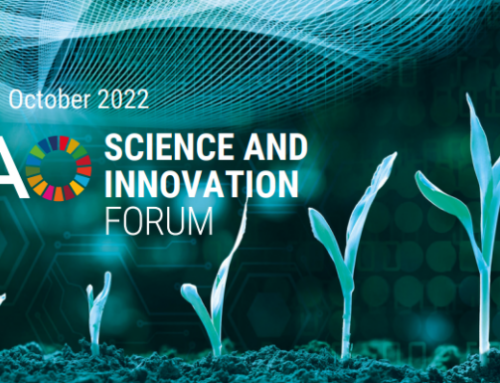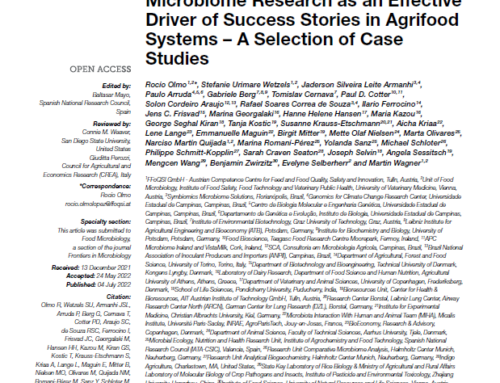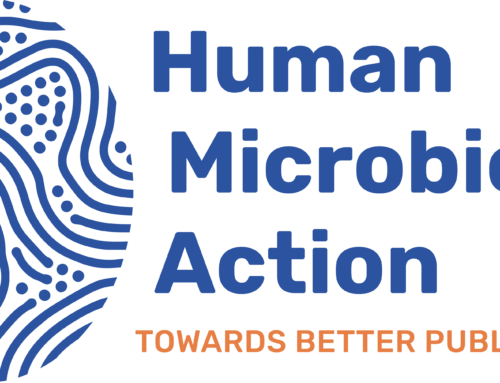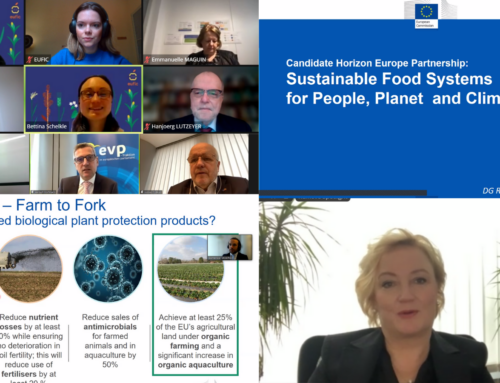With the increased attention to microbiome research in the last decade, we are seeing an explosion in the availability of microbiome data. To date, thousands of microbiome datasets have been stored in public and private repositories. Although this impressive amount of data may sound exciting, the outcome in terms of products from microbiome research in AgriFood production, environmental science and health is still limited.
Why? Researchers argue that the drill is in the inconsistent recording of data, which makes it difficult to use data across research projects and generalize research findings. Or to simplify: Scientists are not speaking the same language, which complicates collaboration across research teams and disciplines.

Reasons for the lack of commonly agreed metadata recording include among others that various groups working with microbiome-related data, such as scientists from basic research and industry sectors, medical doctors, etc., have different demands for their metadata. In addition, they might have to deal with various legal issues that can include data protection or intellectual property right issues.
The MicrobiomeSupport consortium has therefore worked on a paper calling attention to the pressing need of harmonizing metadata-standards to advance microbiome analysis. The publication summarizes the discussions of a series of webinars organized by Graz University of Technology (Austria) and Helmholtz Zentrum München (Germany) in May 2020, which brought together more than 70 researchers and industry partners from all over the world and from different disciplinary backgrounds, to discuss the importance of metadata in microbiome research.
In particular, the article addresses the following questions:
- Do we need minimum requirements or standards?
- Which ethical and legal issues of the metadata have to be considered?
- Do we need a common digital identifier and ontology?
- How can we implement the FAIR concept (“findable”, “accessible”, “interoperable”, “reusable”), while considering legal issues?
Based on these questions, a promising approach is introduced by the consortium, outlining an easy-to-use, well-structured, flexible and compatible system that would strongly improve retrieving and re-using data.
Cernava, T., Rybakova, D., Buscot, F., McHardy, A.C., Meyer, F., Meyer, F., Overmann, J., Stecher., B., Sessitsch, A., Schloter, M., Berg., G.& The MicrobiomeSupport Team. Metadata harmonization–Standards are the key for a better usage of omics data for integrative microbiome analysis. Environmental Microbiome 17, 33 (2022). https://doi.org/10.1186/s40793-022-00425-1





